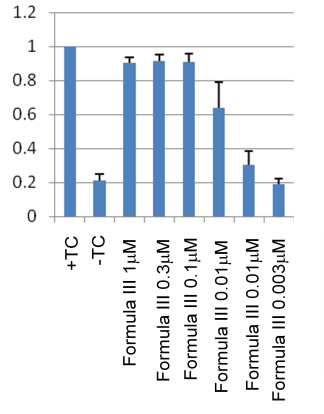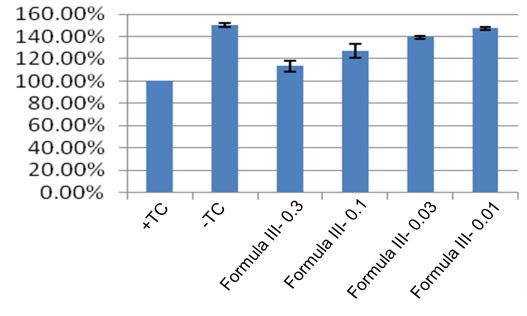Biomedical
Novel Treatment Agent for Neurodegenerative Disorders
The technology
Market need
Alzheimer’s disease (AD) is a progressive neurodegenerative disorder and the leading cause of dementia. Currently, treatments exist only to alleviate symptoms and increase quality of life for patients with AD like symptoms. Unfortunately there is still a great need to find a cure and preventative treatment. The main challenge in AD treatment is the presence of multiple targets for drug delivery.
Technology summary
Dr. Shijun Zhang has designed and synthesized a series of hybrid compounds of curcumin and melatonin as potential treatment and/or preventative agent for neurodegenerative disorders including Alzheimer’s disease. These hybrid compounds were developed to specifically inhibit A oligomerization/aggregation, which leads to decreased synaptic plasticity and increased apoptosis as observed in AD. In vivo studies using a neuroblastoma cell line (that expresses A aggregates leading to cell death) showed that these hybrid compounds exhibited increased neuroprotection and cell survival. Compared to other forms of treatment, these hybrid compounds show enhanced potency, improved pharmacokinetic properties and reduced toxic side effects.
Neuroprotection potency of Formula III on MC65 cells in the presence of tetracycline (TC).

Antioxidant effects of Formula III on MC65 cells.

Technology status
In vitro data available
